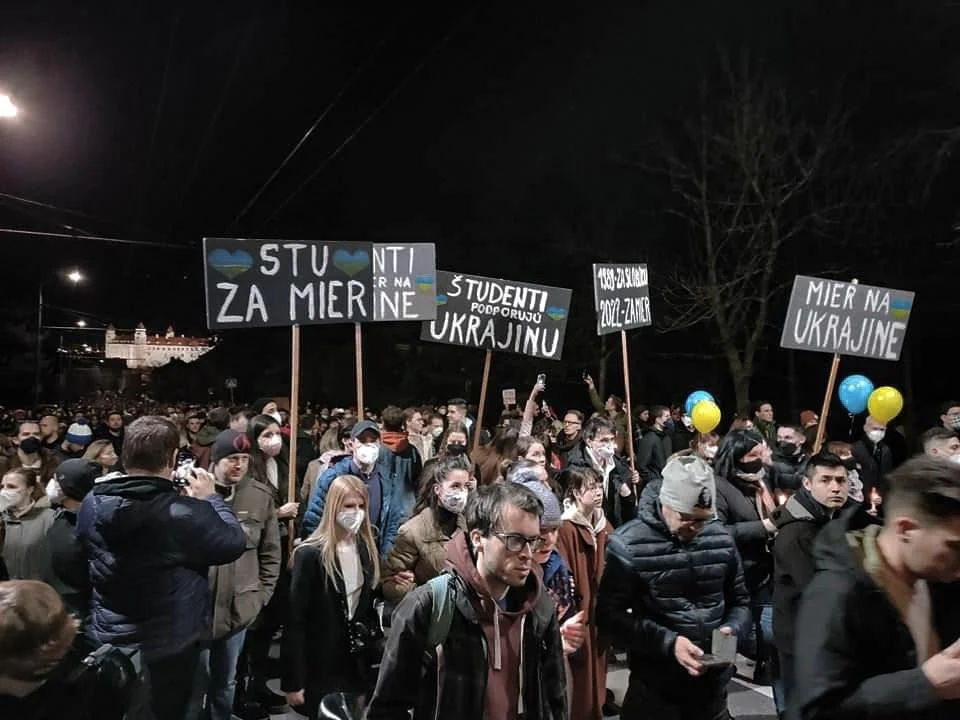Petar Tumbov
Franz Kafka was born on July 3rd, 1883. He was a German-speaking Jew from Prague who later lived a painful, miserable, and sad life. Franz Kafka possessed particular capability of explaining the most ordinary emotions in an exceptionally grotesque, unordinary, and human way. His writing style, his way of articulation, and the philosophical questions he tries to answer are unique.




















